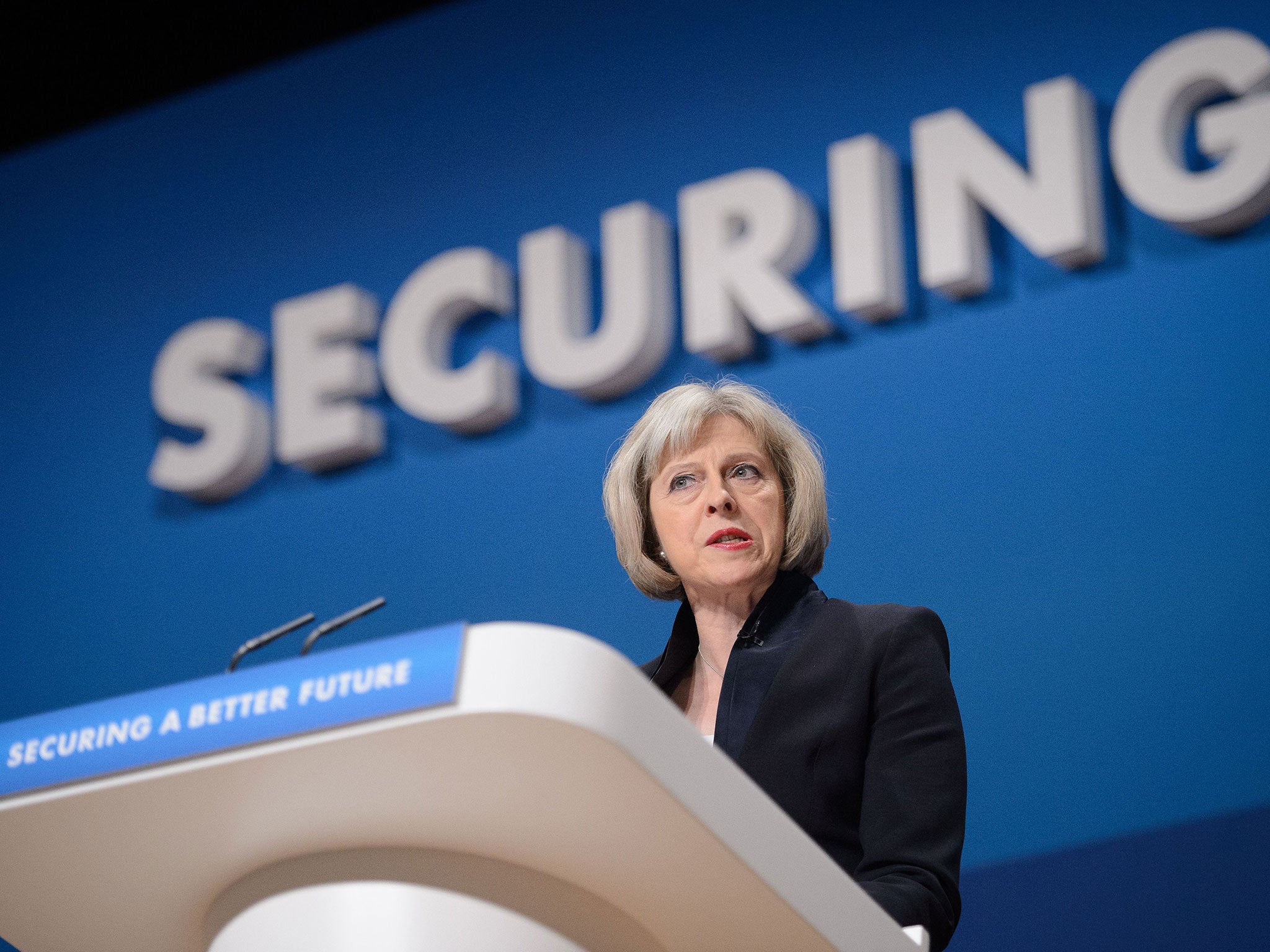Racial profiling does nothing to prevent terrorism or extremism
The #StudentsNotSuspects campaign show how damaging it is for young Brits to feel under constant suspicion. It's time to stop ostracising Muslim students

Young Muslims are finding themselves increasingly socially ostracised by constant government and media portrayals of them as potential radicals and would-be Isis recruits.
A great deal of this tragic marginalisation has stemmed from recent government racial profiling tactics such as the Counter-Terrorism and Security Act introduced this year.
The act made it a legal obligation for colleges, universities, and other public authorities to implement the Prevent counter-extremist strategy, (known as the 'Prevent duty') forcing teachers, academics and counsellors to monitor students at risk of 'extremism', despite overwhelming opposition from student themselves, academics, civil rights and Muslim organisations.
NUS (National Union of Students) along with trade unions and a number of organisations are campaigning to overhaul Prevent, as they argue it contributes to the erosion of civil liberties, promoting Islamophobia and racial profiling, as they have held a number of protest and rallies under the hashtag #StudentsNotSuspects.
I have personally seen Muslim students grow increasingly disillusioned within universities under the government’s alarmingly aggressive moves to combat extremism.
Having spoken to some members of Islamic societies based in London it has become clear that the Muslim youth within the university sector feel targeted and are of the opinion that authorities see them as ‘potential terrorists’.
Yusuf Hassan, Vice President of FOSIS (Federation of Student Islamic Societies) argues the Prevent act uses “Unclear definitions of extremism and radicalisation and adds further traction to the "us vs. them" narrative.
"We have heard from students being reported for reading books on their degrees to students being reported for wearing a Free Palestine badges."
There have been a number of cases where innocent Muslim students have fallen at the hands of Prevent, for example in September postgraduate student Mohammed Umar Farooq, studying counter-terrorism, was falsely accused of being a terrorist after an official at Staffordshire University had spotted him reading a textbook entitled Terrorism Studies. After three months of investigation into Farooq’s case, Staffordshire University admitted fault and embarrassingly apologised.
Ali Milani, Brunel Universities Student Union President said: “The most striking for me of all these cases that have occurred is when different student unions have been asked to hand over a list of all the members of their Islamic society members to the Police and Prevent. This is an example of what Prevent is in a nutshell, about grabbing one community and providing disproportionate amounts of suspicion and spying on.
"Prevent is scapegoating Muslims for the act of terrorism. Right wing extremism is almost four times more likely to be a problem on campuses and your streets than Islamic extremism. Statistically this is what the government should be looking at but that’s not what there concerned with. This is a purposely built to stop Muslim minority political dissent.”
While ensuring public safety, the government also has a duty to eliminate the perception that all Muslims do not conform to British society, and may support the ambitions and ideals of Isis. It needs to allow people to be educated about true Islam and gain an understanding of what modern day Muslims believe, which will help avoid the increasing number of Islamophobic attacks, as well as the feeling of disenfranchisement among young Muslims.
Engagement is the answer. Muslims should be at the heart of any government campaigns to tackle people falling into terrorism, and preventing extremism within universities and the rest of society. The only way to accomplish this is to stop using language and rhetoric that sends Muslims and minorities further into the fringes - which is exactly what organisations like Isis want.
Fear never solves anything. The government needs to buckle down and stop the disillusionment they are creating and fight with the Muslim community to tackle the rise of terrorism.


Join our commenting forum
Join thought-provoking conversations, follow other Independent readers and see their replies